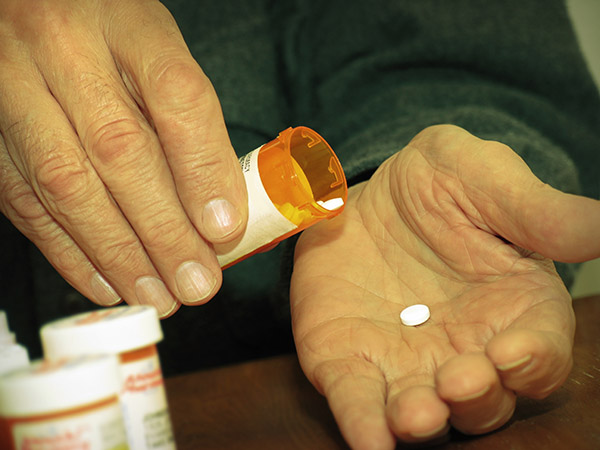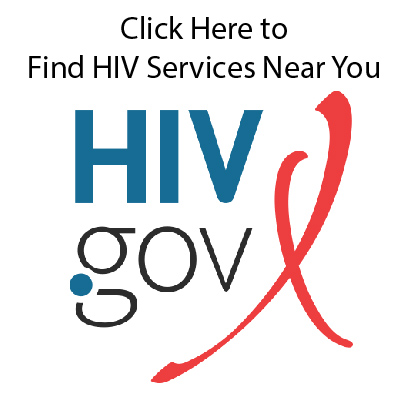
HIV testing
The only way to know for sure if you have HIV is to get tested.
Testing is relatively simple. You can ask your doctor for an HIV test. Many medical clinics, substance abuse programs, community health centers, and hospitals offer them too. You can also buy a home testing kit at a pharmacy or online.
HIV is usually diagnosed by testing your blood or a sample of cells taken with a swab from inside your cheek for the presence of antibodies to the virus.
No special preparations are necessary for HIV testing.

Many different locations offer testing including:
- Health care providers' offices
- Community health centers
- Sexually transmitted disease treatement clinics
- Substance abuse treatement programs
- Pharmacies
If you don't have health insurance, some sites offer free testing.
It usually takes a few days to a few weeks to get results of an HIV test, although rapid HIV tests can produce results in about 20 minutes.
Regardless of the type of screening test used, if you have an initial positive result, you'll need follow-up testing to establish an HIV diagnosis.

Just Diagnosed: What’s Next?
Take a deep breath. Testing positive for HIV often leaves a person overwhelmed with questions and concerns. Give yourself some time to process the news but keep in mind the sooner you take action, the more likely you are to have a long and healthy life. It’s important to remember that HIV can be treated effectively with HIV medicines.
The first step after testing positive for HIV is to see a health care provider, even if you don’t feel sick. Getting medical care and treatment with HIV medicines is the best way to stay healthy. Treatment with HIV medicines called antiretroviral therapy or ART, is recommended for everyone with HIV. HIV medicines help people with HIV live longer, healthier lives and reduce the risk of HIV transmission.

What does an HIV diagnosis mean?
An HIV diagnosis means that you were exposed to the virus and a test has shown that you are now living with HIV in your body. Unlike some other viruses, the human body can’t get rid of HIV completely, even with treatment. So, once you have HIV, you have it for life.
HIV medicine can make your viral load so low that a test can’t detect it. This is called an undetectable viral load. Getting and keeping an undetectable viral load is the best thing you can do to stay healthy. Also, if your viral load stays undetectable, you have effectively no risk of transmitting HIV to an HIV-negative sex partner.
If a person with HIV does not get medical care, HIV will attack the immune system and they will eventually develop AIDS. AIDS can allow different types of life-threatening infections and cancers to develop and can lead to death.

How do I find HIV care and treatment?
If you have a doctor who manages your regular medical care and annual tests, that person may have the medical knowledge to treat your HIV. If not, he or she can refer you to a health care provider who is a specialist in providing HIV care and treatment.
Here are some websites that can help you find care:
- Find HIV care services across the United States, including HIV medical care, housing assistance, and substance abuse and mental health services (from HIV.gov).
- Find your state HIV/AIDS toll-free hotline to connect with agencies that can help determine what services you are eligible for and help you get them (from the Health Resources and Services Administration).
- Find Ryan White HIV medical care providers who can help people with HIV access the medical care they need but can’t afford (from the Health Resources and Services Administration).
- Search for HIV care specialists and members of the American Academy of HIV Medicine for direct access to HIV practitioners across the country (from the American Academy of HIV Medicine).
